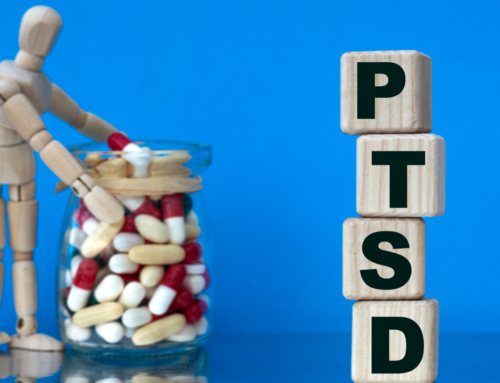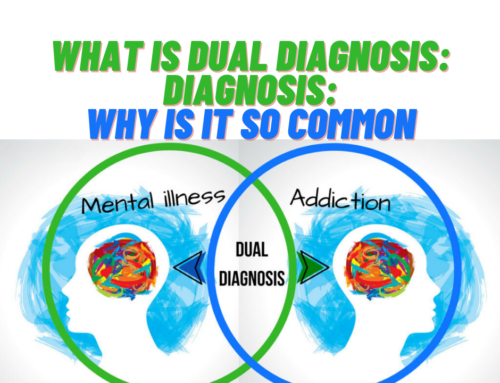The first step in recovery is admitting that we are powerless over drugs or alcohol and that our lives have become unmanageable. Addicts often live their lives in a self-centered way – doing whatever we want to do whenever we want to do it. A lot of us come from chaotic homes where our environment was out of control, so we try to take control of situations and people.
We believed that we were in charge of our own destiny. We quickly realize in recovery that being in charge wasn’t helping our lives – it was actually the cause of our problems. We couldn’t see that our decisions were causing wreckage in other people’s lives as well as our own.
We had no structure and decided for ourselves what was best for us. But our perception of the world through the lens of our substance use disorder (SUD) was misguided. We didn’t have the answers after all.
Taking the First Step
It may be shocking to hear as we start recovery that we are actually the cause of our own troubles. We were certain that someone had wronged us. If our home lives were better or our relationships were better, we wouldn’t have done the things we did.
It takes coming to this realization for us to be able to begin healing and growing. Listening to our own minds isn’t the solution and can’t be anymore. We need structure and direction from elsewhere.
Structure Helps
Strangely enough, people with SUDs do better with a lot of structure. Some people have too much structure growing up, which propels them to rebel and turn away from it. Others had no structure at all, so the idea of it is foreign. In recovery, we learn how structure can help us.
Without structure, people with SUDs tend to fall back into old behavior patterns. As we work the 12-Steps and see how beneficial structure can be to our lives, we begin to embrace it.
Have A Homegroup
Having a homegroup in any 12-Step fellowship is important. A homegroup is a repetitive meeting that we go to every week without fail. This meeting is like a home base – people know our face and we actively participate in the process.
Having a homegroup not only keeps us busy but helps to combat any reasons we may come up with to avoid the meeting. If we decide to stop showing up, the people in our homegroup can keep us accountable and check in on us. Go to as many meetings as possible at the beginning of your recovery, so your attendance becomes routine.
Set Up A Daily Routine
When we have a set routine, we’re less likely to deviate from it. We may not like having other people telling us what to do with our day, but sometimes it’s necessary. Write down all the tasks you need to get done each day and try your best to follow through.
If you aren’t able to finish something, don’t dwell on it – too much negative self-talk can lead to us giving up on all tasks entirely. Instead, focus on what you have been able to accomplish. Tomorrow is a new day.
Seek Help from Others
It can be exhausting to think about ourselves and our problems every day. Set aside a list of people who are conducive to your recovery and reach out to them when you need to.
We can’t get well alone. If you’re ready to seek help, speak with a professional from Alta Loma today.
Alta Loma sees things differently – we see you and we offer the kind of personalized care that you won’t find elsewhere, ensuring you have the highest likelihood of staying healthy and sober for life. Alta Loma provides high-quality and proven transformational care programs, offering a comprehensive array of tools and support that can help you sustain your healthy new lifestyle. Call us today at (866) 457-3843.



